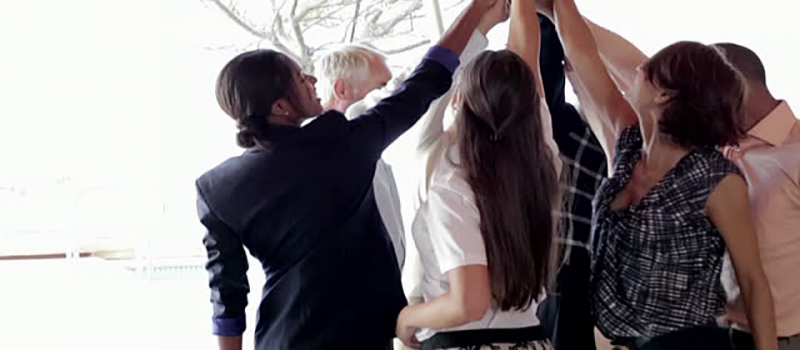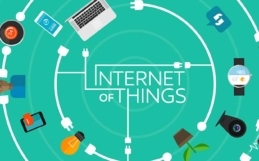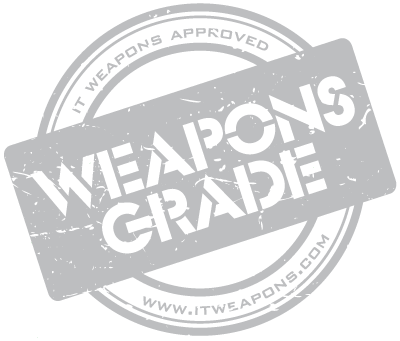One of the best pieces of business wisdom that Jay and I ever heard was “surround yourself with people smarter than you, and then get out of their way.” Now that my technical skills and certifications are dusty and expired, that’s exactly what I need to do or else I do more harm than good! I spend a good chunk of my time looking for, and spending time with others that we can learn from to help make ITW better, faster, stronger. If you ever took a philosophy class—or you admit watching Bill and Ted’s Excellent Adventure—Socrates was known to assert that the wisest man was the one who recognized his own ignorance.
Jim Collins talks about the concept of hubris in his books – the idea that success can breed complacency and a know-it-all arrogance that leads once-great business leaders to ignore facts, discount criticism, lose humility, and ultimately make bad decisions in the quest for growth, money, and power. The fable of Icarus flying too close to the sun is perhaps the most celebrated example of hubris. One way to avoid falling prey is to look for and trust peers to talk with, learn from, and question.
Looking to your peers and asking for (and sincerely accepting) criticism and insight is a fundamental part of being a good business person, a good leader, and really … being a good person generally. This is precisely how things work for Academic researchers around the world. Every piece of reputable research goes through a rigorous peer review process to ensure that facts aren’t missed, that the methods are sound, and the conclusions are logical and clear. Ideas are poked, subjected to inquisition, laid bare and discussed at conferences … all in the hopes of avoiding intellectual mistakes and ensuring the integrity of one’s output.
I would argue that the same principles should apply to your business decision making.




